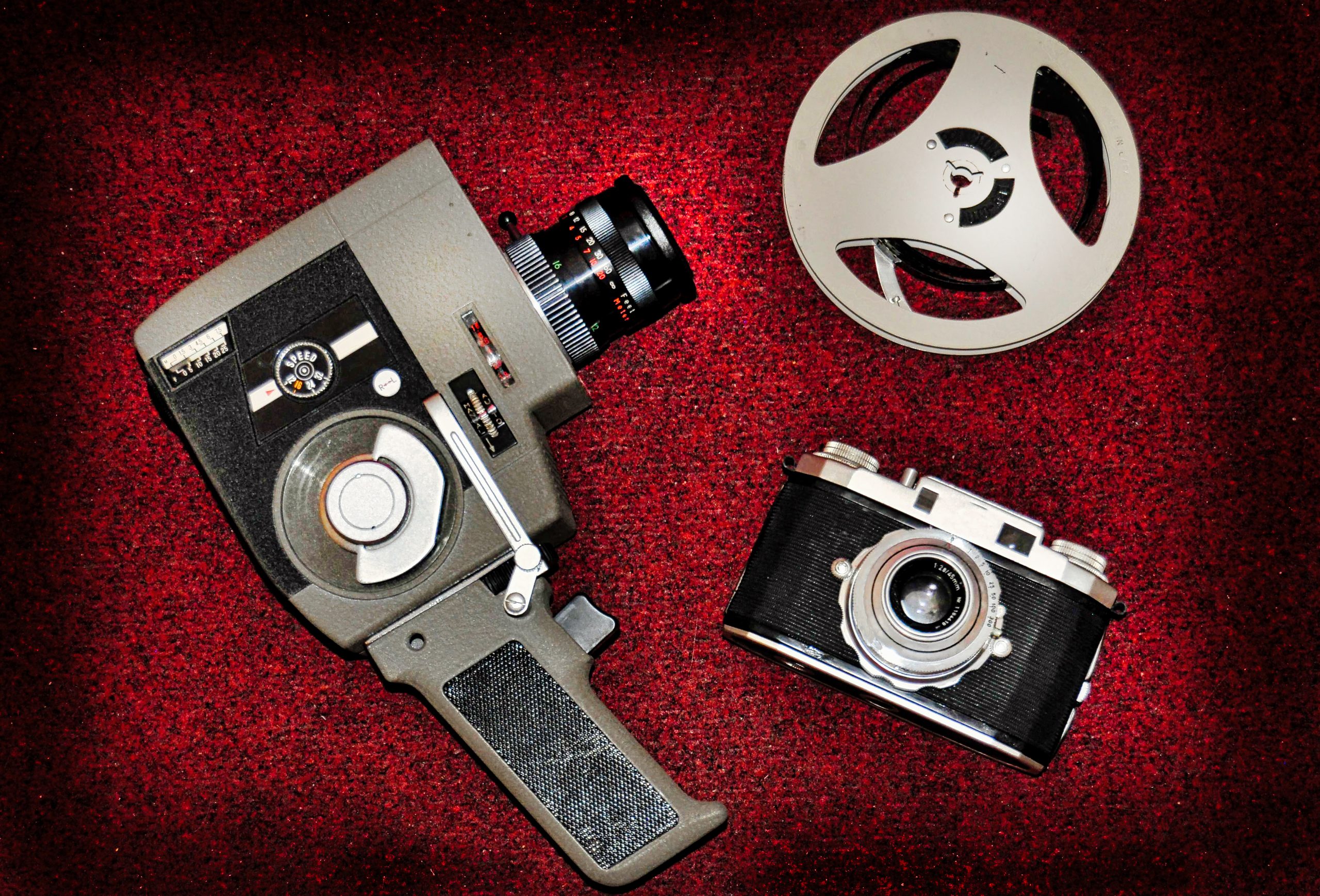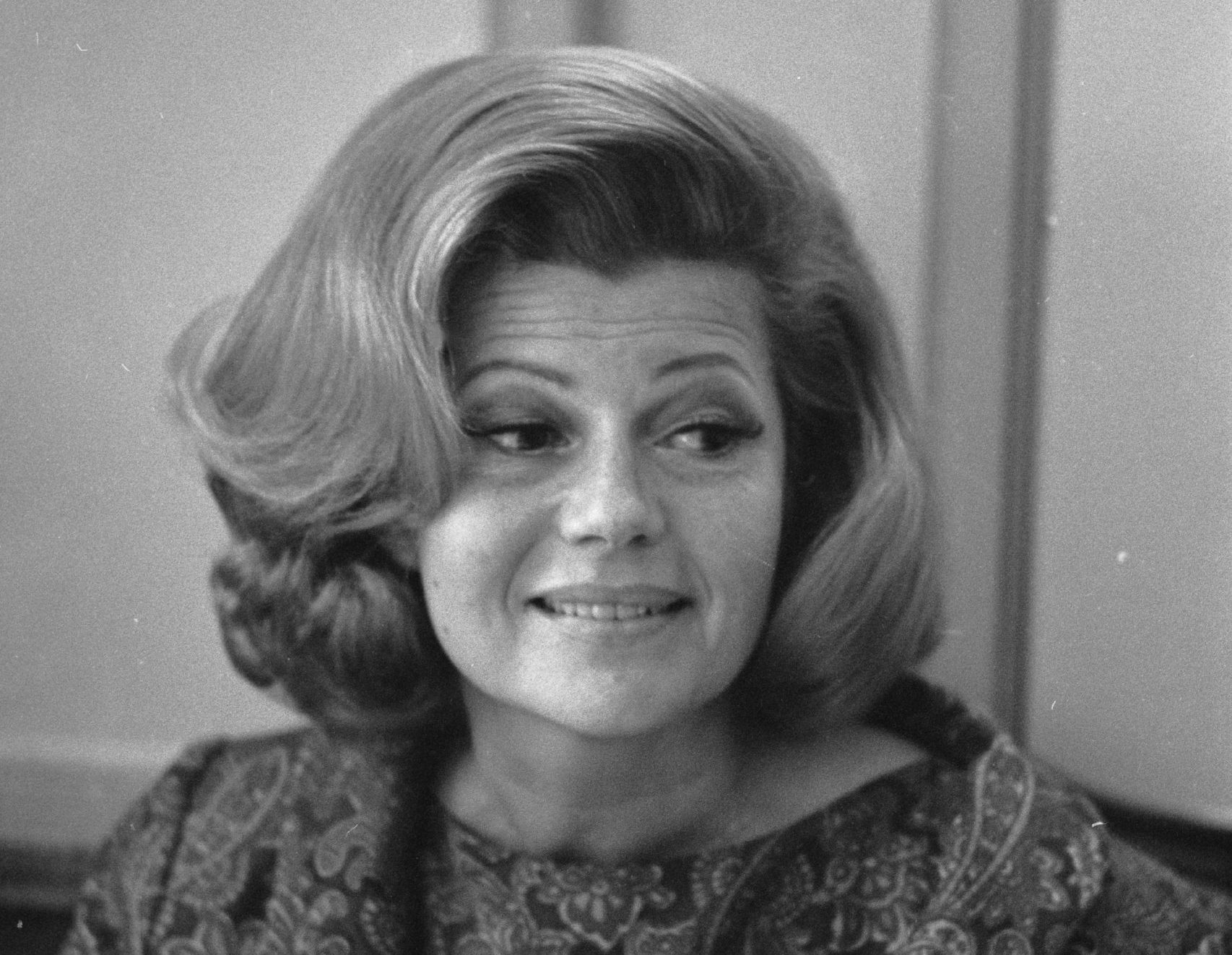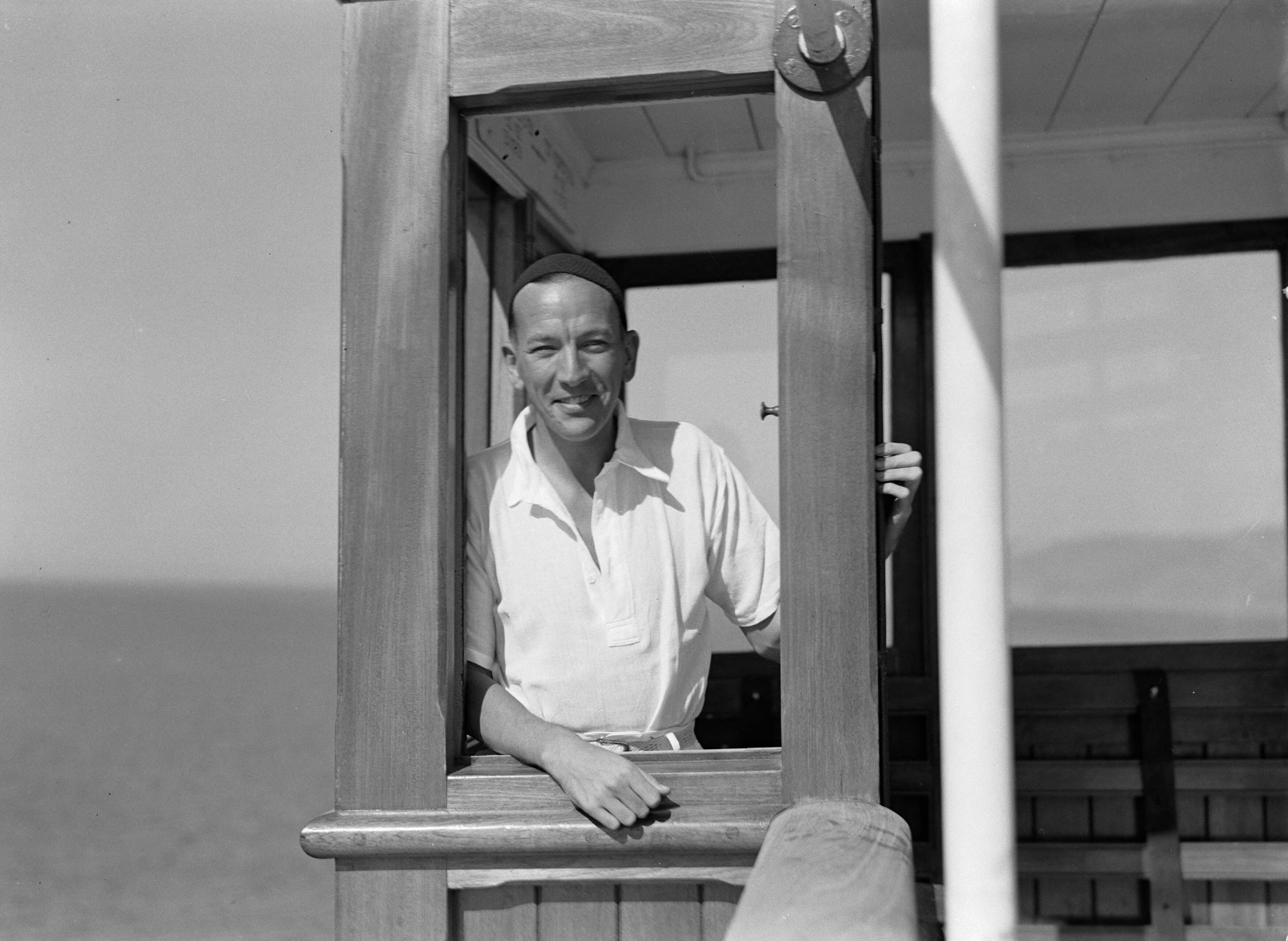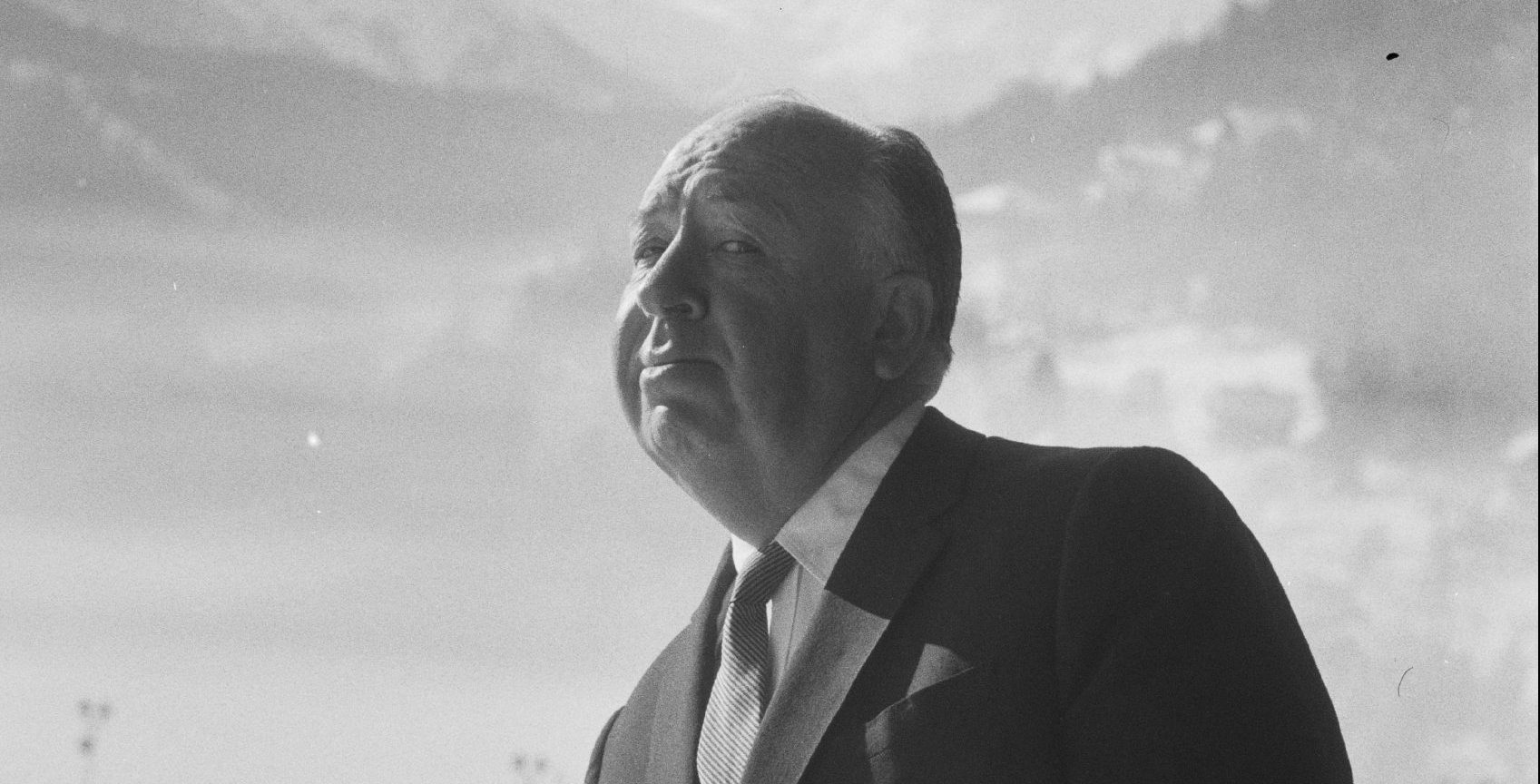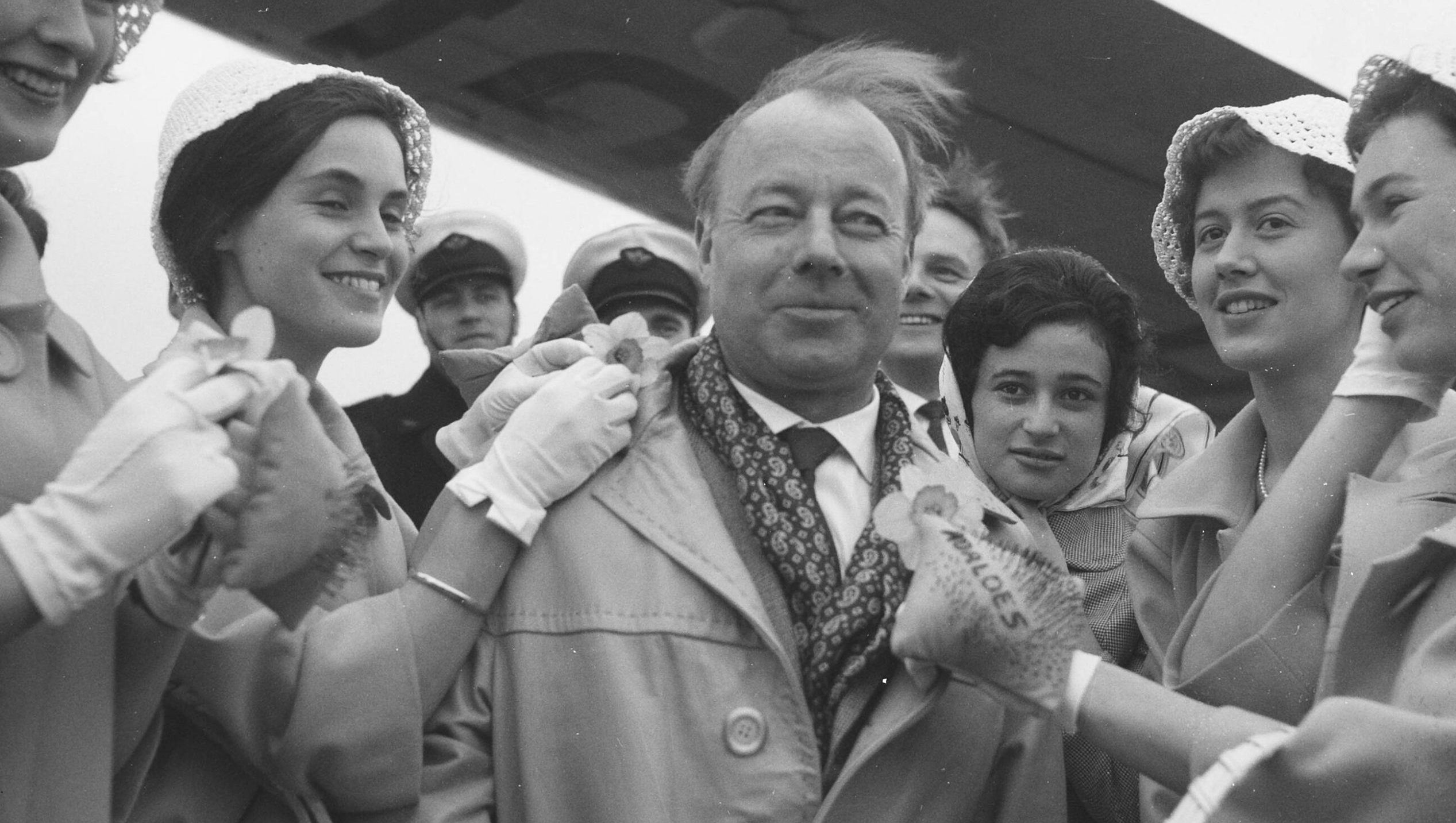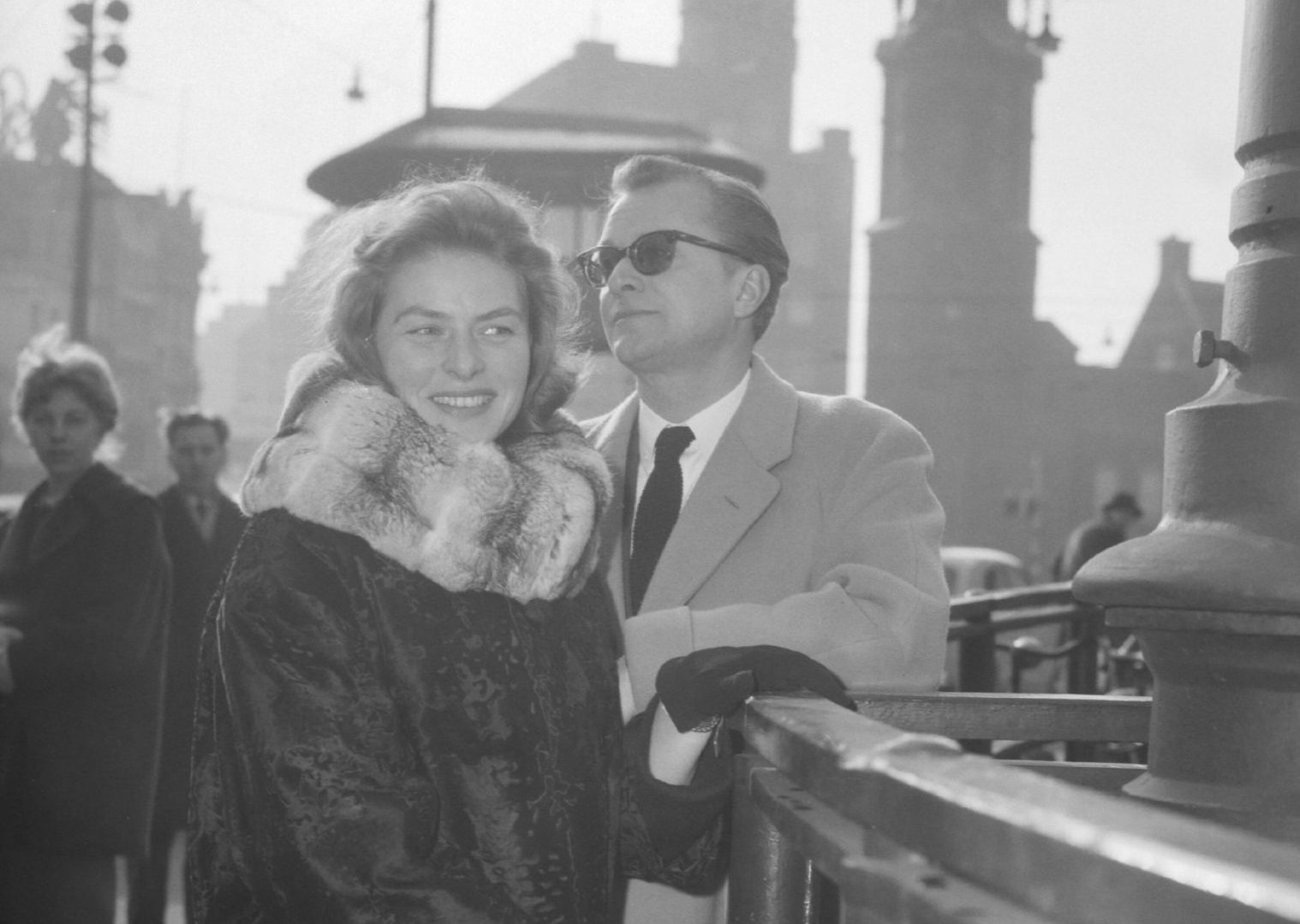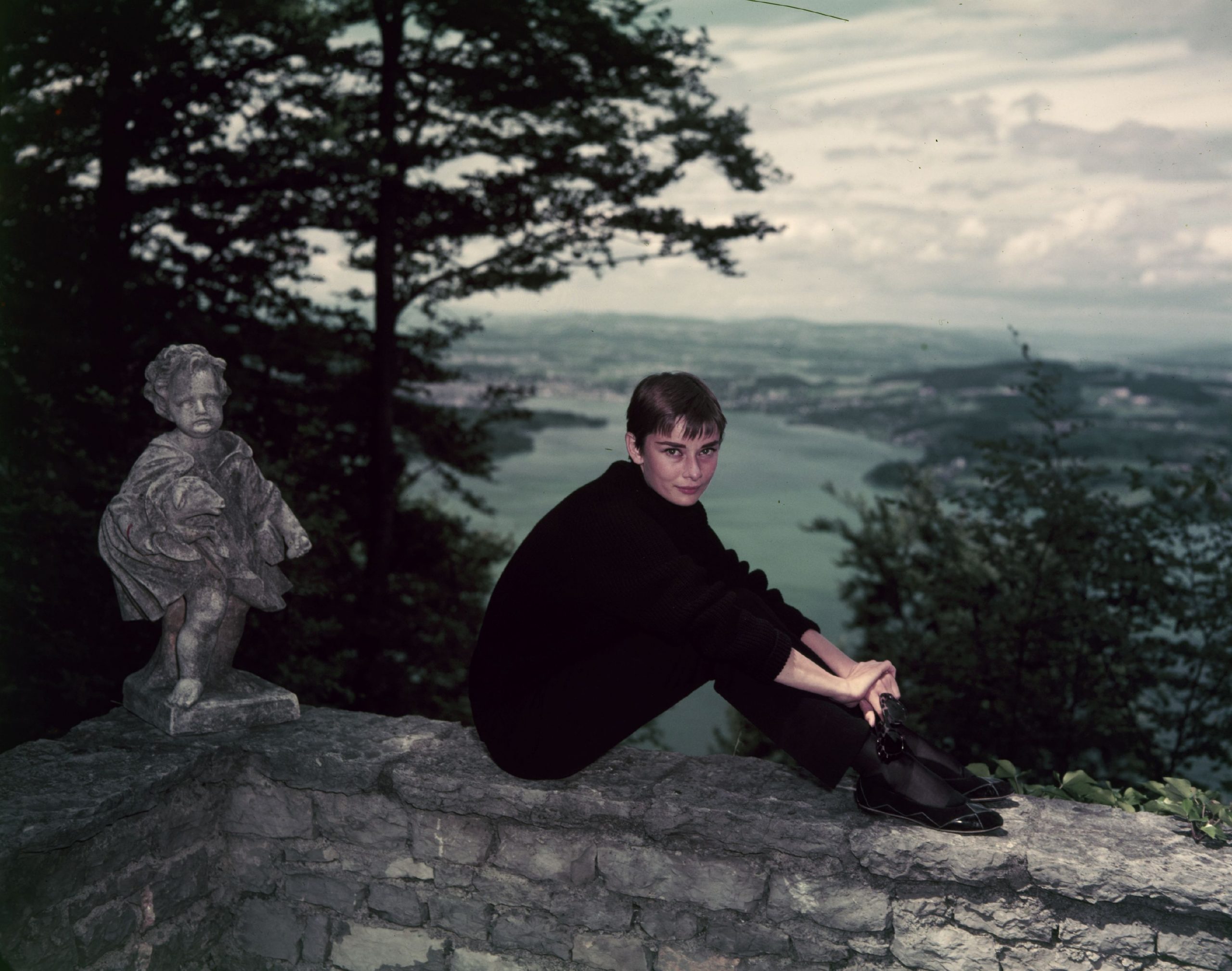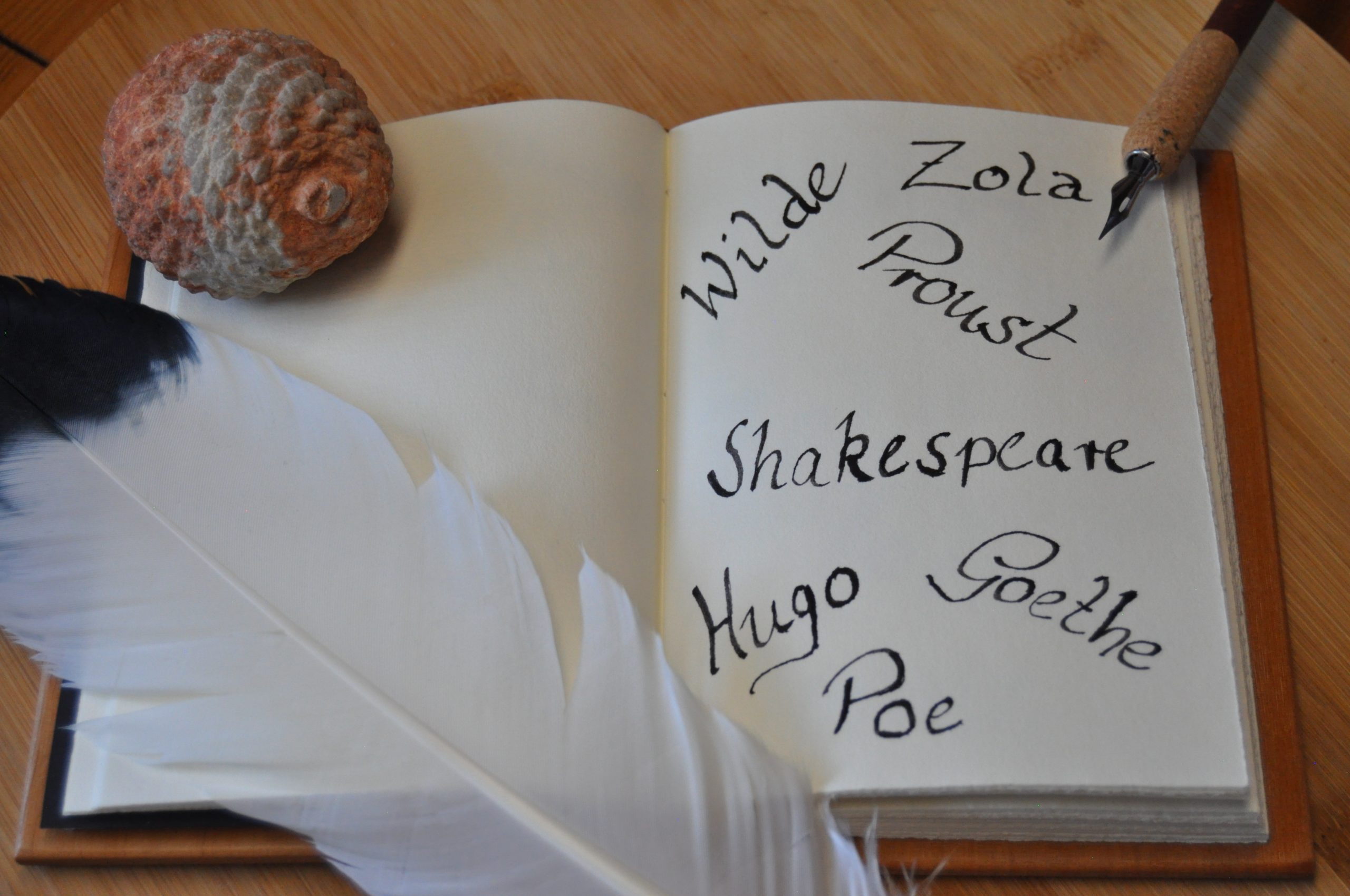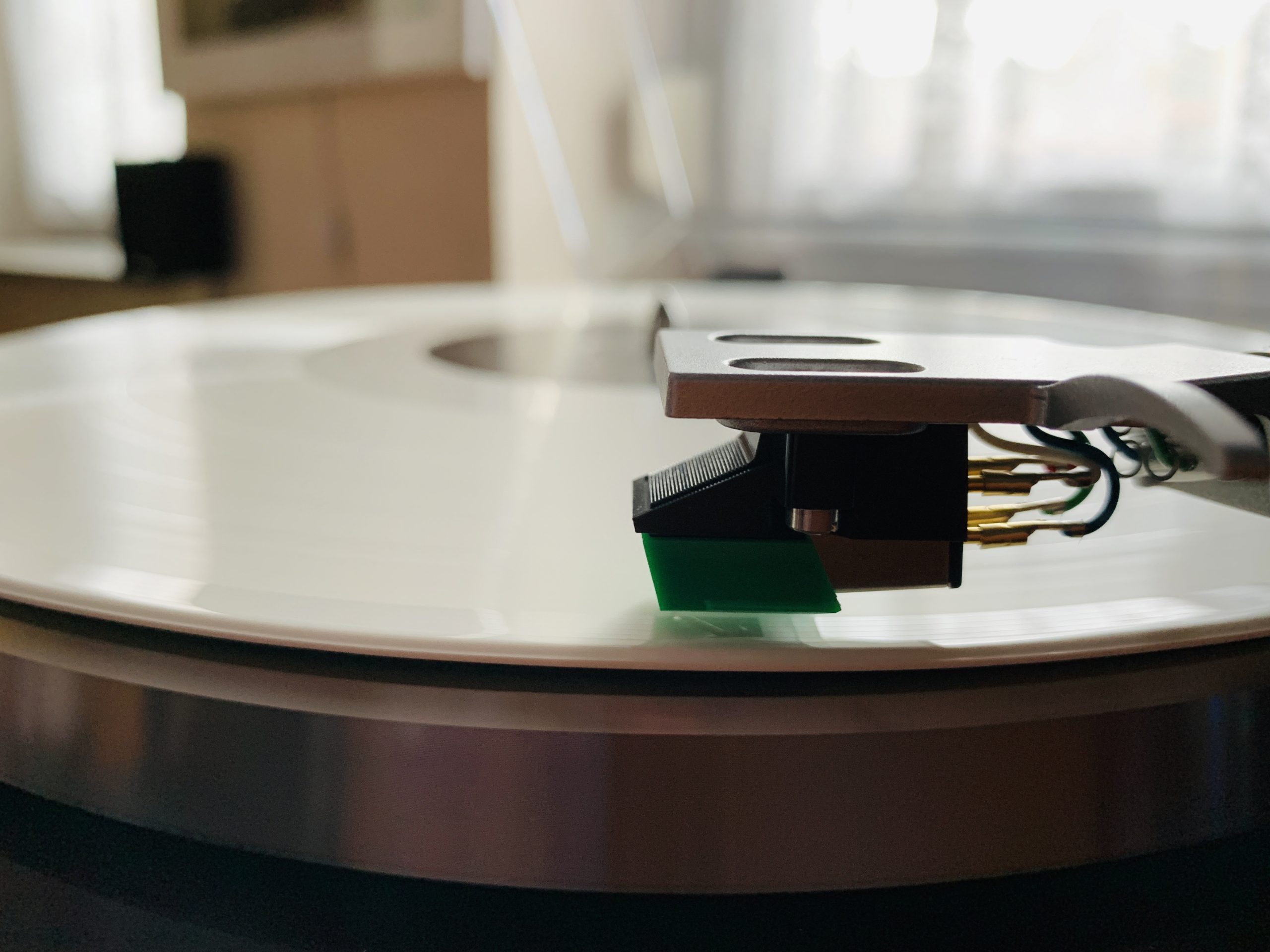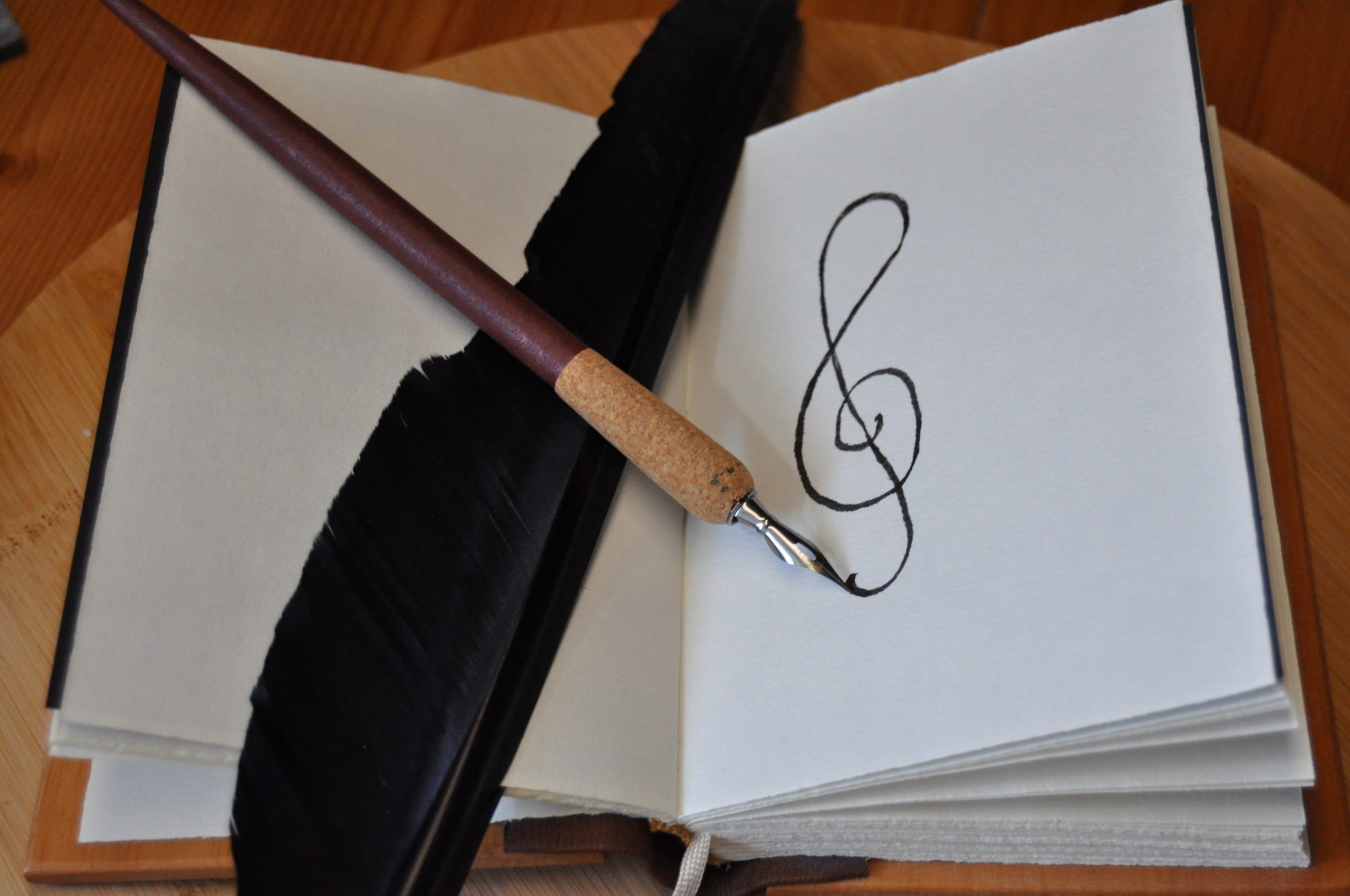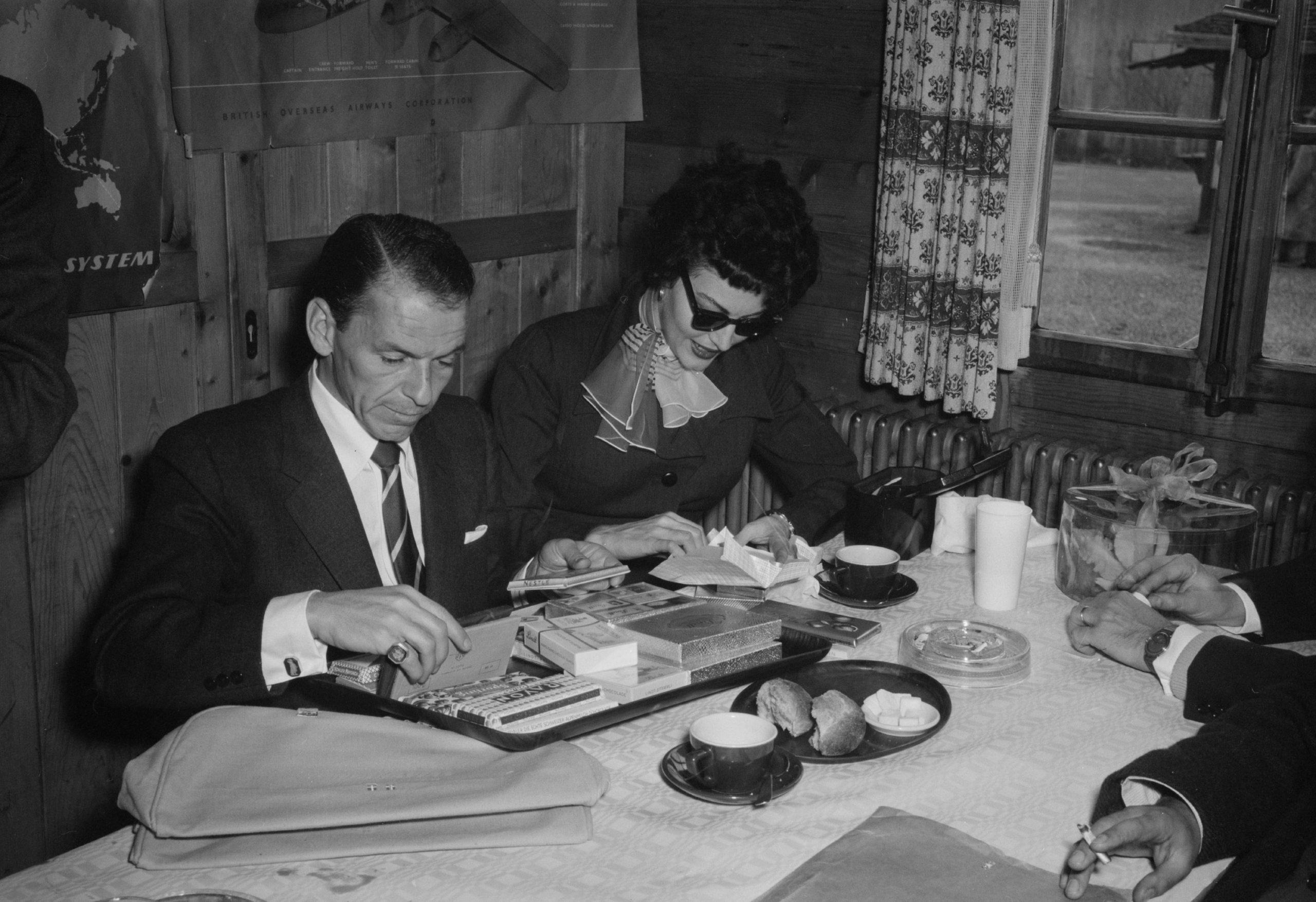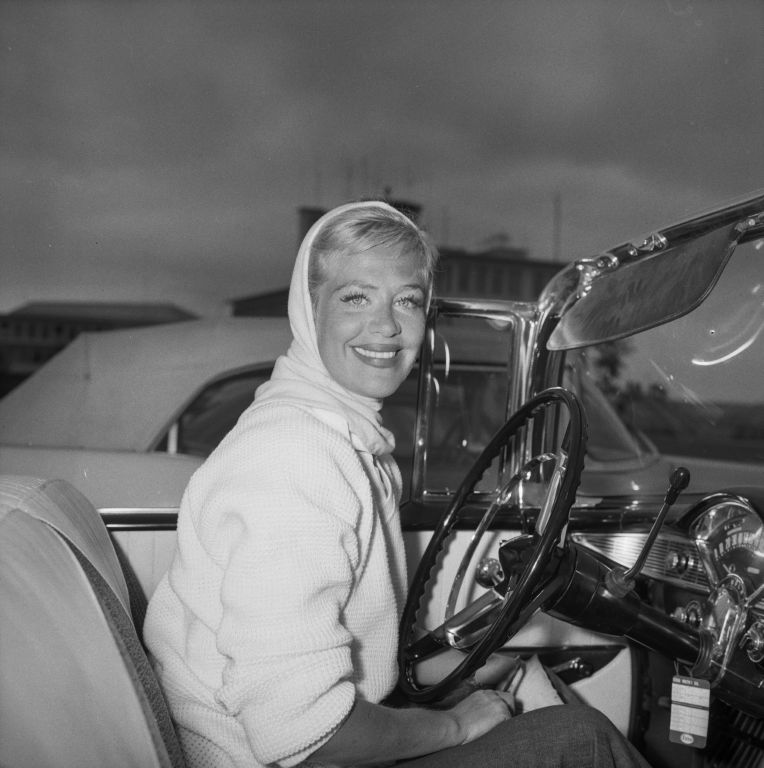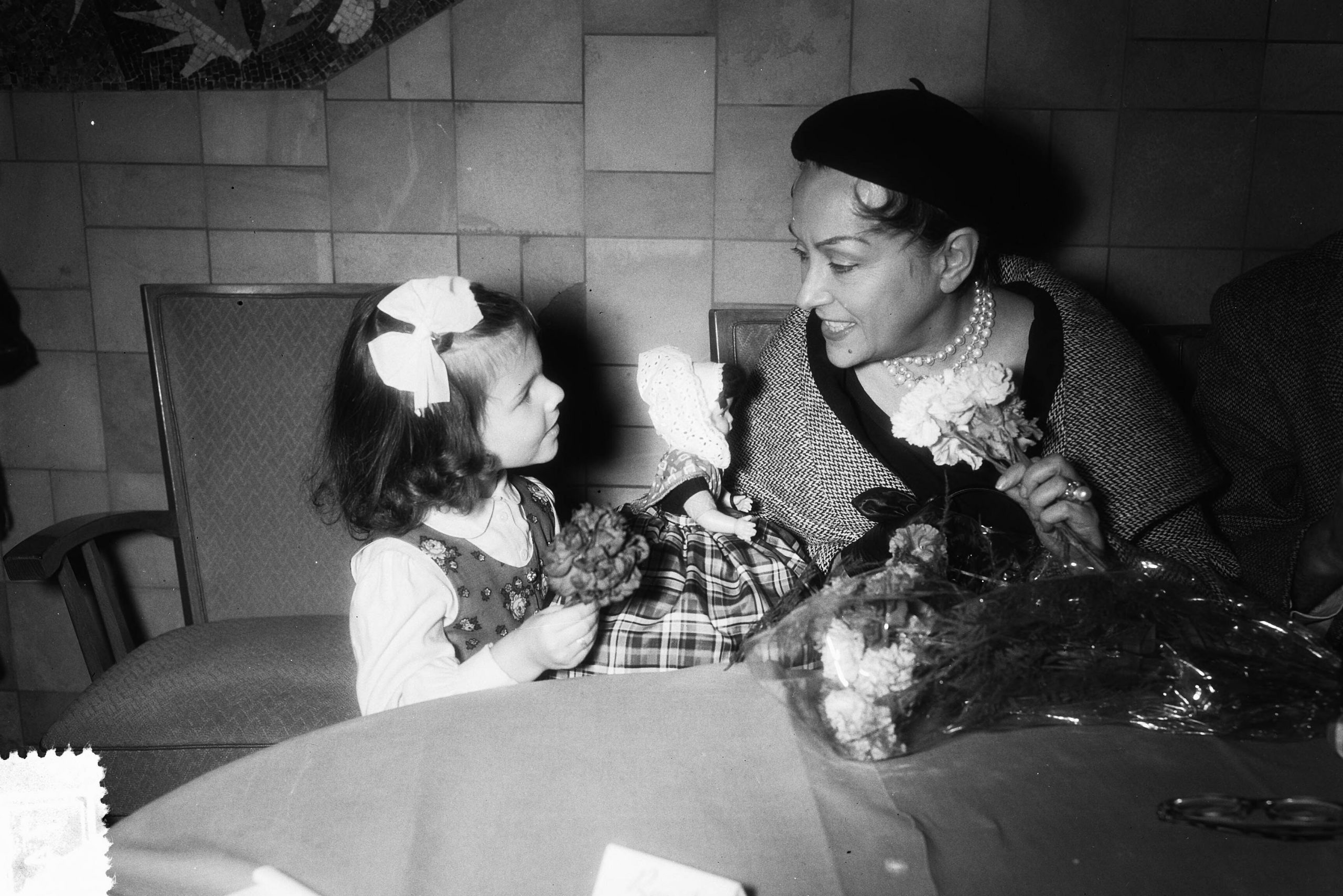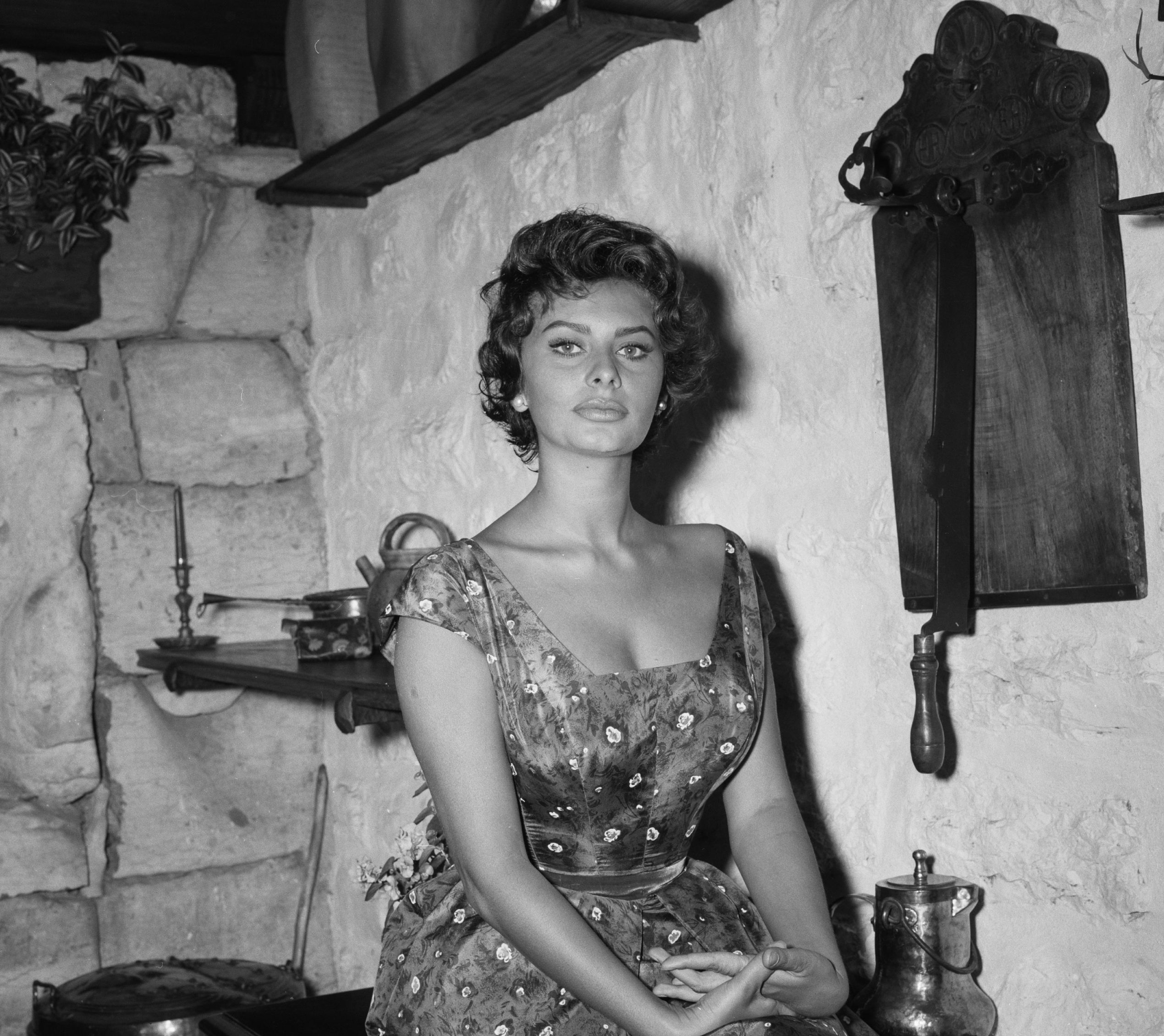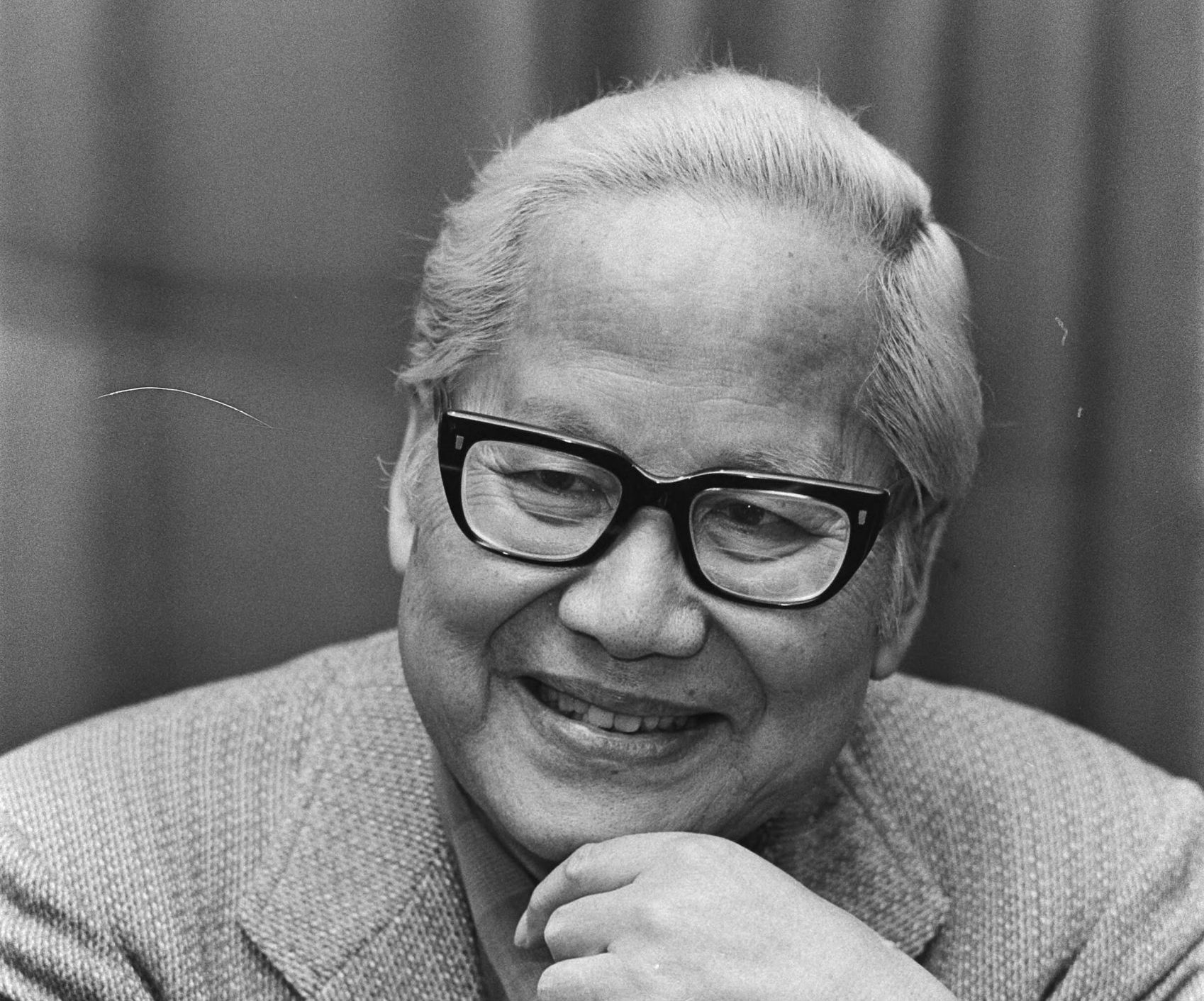He attended the Juilliard School together with Christopher Reeve: Robin Williams became known to a wide audience primarily as a comedian. Without question, however, he also shone as a character actor with a comic touch. He was not a comedian who acted in a film for the sake of being funny. All his roles had a background and carried a message: not least through his role in Dead Poets Society (1989), he established himself as a sought-after character actor who adorned every role with a touch of comedy. Praised not least for his talent as an improviser, Robin Williams went down in the annals as one of the most influential comedians of the 20th century.
Balance between comedy and drama
His career began as a stand-up comedian in San Francisco and Los Angeles in the 1970s: it was not until the 1980s that he was in demand on the big screen. Beginning with the comedy-drama The World According to Garp (1982), Robin Williams became known to an audience that was searching for actors who could authentically perform the balancing act between comedy and drama in the 1980s. Williams was precisely this kind of actor: comedy and drama were not genres that contradicted each other for Williams.
Looking at Williams’ acting, one gets the impression that the lines between the genre of comedy and the genre of drama were fluid.
During his time at Juilliard School, he and Christopher Reeve had the same dialect teacher: At Juilliard, Williams stood out because of his ability to imitate a wide variety of dialects in a very short time.
Anyone who has ever seen Robin Williams live will certainly never forget the experience.
Juilliard: Way ahead of his time
After three years, Robin Williams left Juilliard School: this surprised no one at the time, as the school had too conservative an approach to teaching acting for Williams.
Robin Williams was way ahead of his time: Just as Mr. Keating (played by Robin Williams) in Dead Poets Society has to leave the school at the end of the film because he was way ahead of his time, Williams had to leave Juilliard: One of the founders of the Juilliard School’s acting department, John Houseman, advised Robin Williams to take this step.
Anyone who has ever seen Robin Williams live will certainly never forget the experience: When Williams did live comedy performances after his time at Juilliard, he got in touch with show business for the first time.
San Fransisco
When Robin Williams went to San Francisco, the city was one of the most diverse places for aspiring actors: back then, it wasn’t just in theatres that performances took place. Performances took place anywhere one could hang a pair of curtains and set up a spotlight. It was in this environment that Robin Williams grew into the actor who would later be celebrated worldwide for his performing art.
In the San Francisco comedy scene, Robin Williams was a real exotic: his colleagues could usually only play one role at a time, whereas Williams had rehearsed countless small comedy acts with which he could impress the audience.
Robin Williams not only performed in the clubs of San Francisco, he also worked there: It was not uncommon to see Williams behind the bar of a club in the seventies, just pouring drinks. For Williams, these “normal” jobs were the inspiration for many of his comedy acts, which were often borrowed from everyday life.
Good Morning, Vietnam
One can only imagine what it must have been like to see Robin Williams live: In Good Morning, Vietnam (1987), Williams plays the role of radio host Adrian Cronauer, who went on air for the US army in Vietnam. The numerous passages in the film in which Williams sits in front of the radio microphone give an idea of what it must have been like when Williams was live on stage. Good Morning, Vietnam was the first really successful film Robin Williams starred in: the success of the film was like a release for him. From then on he was more than a TV actor and a stand-up comedian – the role of Adrian Cronauer made him a successful Hollywood actor.
Before that, Robin Williams had become internationally known with the role of the alien Mork of the Orc in the sitcom Mork & Mindy: He starred in a total of 95 episodes in the sitcom between 1978 and 1982.
Robin Williams mastered the balance between drama and comedy.
Dead Poets Society
His role as Mr. Keating in Dead Poets Society is one of his most profound roles: Mr. Keating is an English teacher who rejects the usual approaches to the subject and teaches his subject to the students in a different way. Although at the end of the film the established system triumphs and Mr. Keating had to leave the school, Keating managed to push his students intellectually: One cannot imagine anyone who could have filled the role better than Robin Williams. Although Mr. Keating is not in every scene of the film, his presence is felt in every scene. Whilst Keating’s performances always carry a comic edge, they are rather serious in nature. This is exactly what Williams mastered perfectly: combining drama with comedy.
Often copied, never equalled
Robin Williams played his greatest roles in the eighties and nineties: the psychological drama Good Will Hunting (1997), in which Williams played the role of Dr. Sean Maguire, is one of Williams’ most famous performances in the nineties.
The films Robin Williams starred in were not just funny, they were thought-provoking: He didn’t just play characters way ahead of their time, he was way ahead of his time himself. His approach to the art form of comedy has remained unique to this day and, as with many great artists, Robin Williams’ approach is: often copied, but never equalled.
Main source: Itzkoff, Dave: “Robin”, 2019 Picador
Cover picture: © Simon von Ludwig

 Deutsch
Deutsch